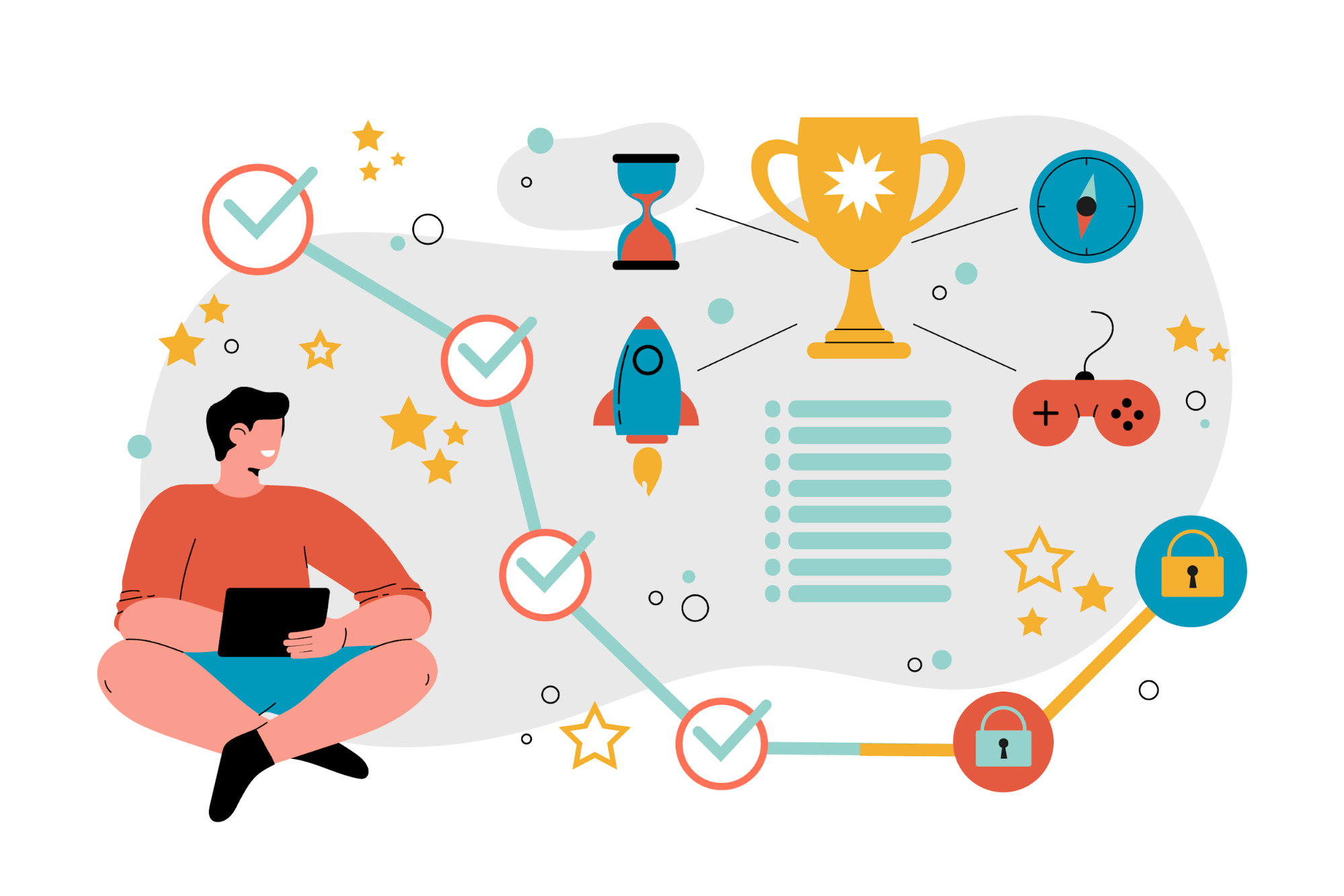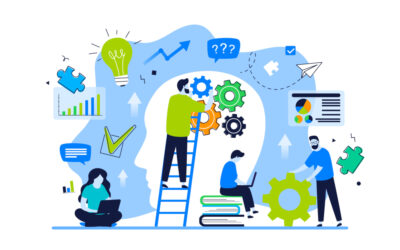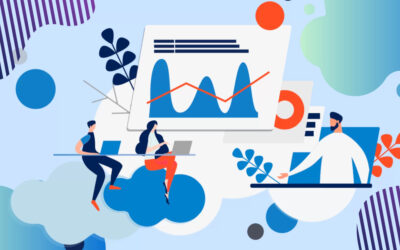
Maximising Learning Retention with Gamification in Employee Training
article
Introduction
In the quest to design effective and engaging training programmes, organisations are increasingly exploring the potential of gamification as a tool for employee development. By integrating game mechanics, such as points, rewards, and leaderboards, into learning experiences, gamification can enhance employee engagement, motivation, and learning retention.
By harnessing the power of gamification in employee training, not only will your organisation engage and motivate team members to develop valuable skills, but you’ll also create an enjoyable and fully immersive learning experience. Through understanding and applying the fundamentals of gamification, you can transform your training initiatives, ensuring a more fulfilling and results-driven experience for your employees.
Understanding the Concept of Gamification
Gamification refers to the incorporation of game mechanics, principles, and designs into non-gaming contexts. By combining elements like points, rewards, leaderboards, and challenges, gamification taps into the inherent human attraction towards competition, achievement, and status. When applied to employee training, gamification can enhance employees’ intrinsic motivation, engagement, and overall learning experience. Some key components of gamified training may include the following:
- Progress tracking and rewards: Assigning points for completing training tasks and providing rewards, such as badges or certifications, to recognise achievements.
- Competition and collaboration: Engaging employees in friendly competition through leaderboards or collaborative group challenges to foster camaraderie and teamwork.
- Personalisation and adaptability: Allowing learners to customise their own learning paths, making training feel more relevant and tailored to their individual needs.
- Real-world relevant scenarios: Incorporating contexts and situations that closely resemble employees’ actual work environments, fostering practical skills development and application.
Key Benefits of Gamification in Employee Training
The integration of gamification tactics in employee training initiatives offers a myriad of advantages for both the employees and the organisation:
- Increased engagement: Gamified training can transform mundane or repetitive tasks into enjoyable, meaningful experiences, resulting in increased engagement and commitment from your employees.
- Boosted motivation: By incorporating competition, rewards, and recognition, gamification can heighten employees’ intrinsic motivation to participate actively in the learning process.
- Reinforcement of learning: Gamified elements like feedback, challenges, and repetition can help strengthen learning retention, fostering employees’ long-term skill acquisition and development.
- Enhanced collaboration and teamwork: By promoting cooperation within group tasks, gamification can foster a sense of camaraderie and teamwork among employees, resulting in strengthened bonds and workplace morale.
Designing Your Gamified Training Programme
To implement a successful gamified training programme that resonates with employees, consider the following best practices and guidelines:
-
Align gamification with objectives: To maximise the effectiveness of your gamified programme, it’s essential to ensure that the game mechanics align with the overall training objectives and desired skills development outcomes.
-
Prioritise balance and fairness: Design your gamified training so that all participants have an equal opportunity to achieve success. This may involve creating different difficulty levels, offering diverse challenge types, and ensuring the rewards system is equitable.
-
Incorporate feedback loops and continuous improvement: Offer employees real-time feedback on their performance that allows them to adjust and correct their strategies to achieve better results. Moreover, constantly monitor, assess, and refine your programme design to keep up with evolving needs and learning preferences.
-
Focus on meaningful rewards: Rather than merely offering superficial or extrinsic rewards, ensure that your gamified training programme provides intrinsic value by aiding employees in actual skill development and improving their productivity.
Measuring the Success of Your Gamification Strategy
Evaluating the effectiveness of your gamified training strategy is crucial to the continuous improvement of your programme and its impact on employee performance. Consider these methods to assess your gamification approach:
-
Monitor engagement metrics: Observe indicators of employee engagement throughout the training process, such as time spent on learning activities, completion rates, and voluntary participation.
-
Analyse training feedback: Elicit feedback from employees on their experiences with the gamified training programme, gathering insights on what aspects resonated with them and identifying areas for improvement.
-
Assess learning outcomes: Assess the impact of gamification on employee learning retention and skill development, comparing pre- and post-training evaluations, such as quizzes, tests, or performance assessments.
-
Analyse long-term performance changes: Examine the influence of your gamification strategy on employees’ overall job performance, onboarding times, promotion rates, and workplace satisfaction.
Unlocking the Potential of Gamification for Successful Employee Training
An engaging and effective employee training strategy is vital to the success and development of any organisation. By embracing the power of gamification, you can enrich your training programme and provide a dynamic, immersive, and motivating learning experience for your employees. Through careful planning, execution, and analysis, the incorporation of gamification in employee training can lead to significant benefits in engagement, motivation, learning retention, and overall workforce performance.
By partnering with instructor-led training companies like Aarvi Learning Solutions, your organisation can be empowered with a gamified employee training program that is tailored to meet your specific needs. This collaboration with global learning and development specialists will set your workforce on the path to continuous growth and innovation. Contact us today to learn more.
Read Similar
The Importance of Soft Skills in the Digital Age
Uncover the value of soft skills in today’s technologically-driven landscape and learn how they foster business competitiveness and team collaboration with Aarvi Learning Solutions.
Master Remote Team Development: Boost Collaboration and Productivity
Discover the winning strategies and tools for developing high-performing remote teams fostering communication, collaboration, and productivity to propel your business towards success with Aarvi Learning Solutions.
Lets Talk


